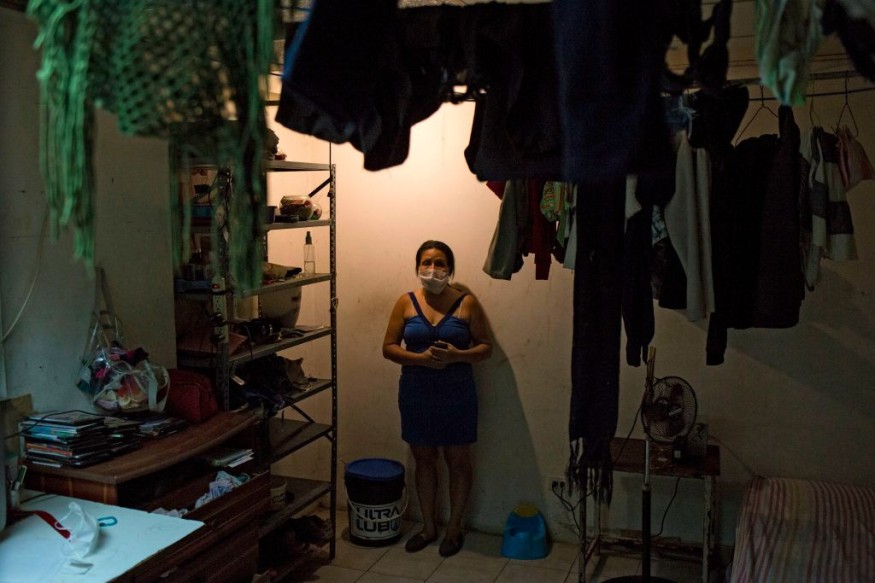Poverty in Venezuela Rising About 10% in a Year, With Three in Four Venezuelans Experiencing Extreme Poverty: Study

Almost 77 percent of Venezuela's 28 million population are currently living in extreme poverty, which was an increase from the previous year's 67.7 percent, according to a study.
Researchers at Andres Bello Catholic University had conducted the study known as the 2020-2021 National Survey of Living Conditions, according to a Reuters report.
The study had factored in the rise to both the COVID pandemic and chronic fuel shortages, with at least 20 percent of respondents saying that they could not put gasoline in their cars.
Pedro Luis Espana, a UCAB sociologist, also cited loss of purchasing power, as well as boredom due to the lack of employment.
Espana also cited that Venezuelans' minimum wage plays around $3 a month, with the country's private sector being small.
The UCAB sociologist said that it is the absence of opportunities and doing nothing, not because people do not want to do anything, but because there is nowhere there to do it.
READ NEXT : 320,000 Venezuelan Migrants Allowed to Work, Live Legally in U.S. Under Temporary Protected Status
Venezuelan Government's Response
Meanwhile, Venezuela's information ministry has yet to comment on the study's findings.
Venezuela has seen the collapse of its oil industry despite having the largest oil reserves in the world, which was responsible for almost all of the government's revenue.
Tough U.S. sanctions on oil exports have also contributed to the crisis, according to a BBC News report.
The administration has blamed the U.S. sanctions for the collapse of the country's economy. The U.S. continued to give financial assistance to the country, which includes a recent contribution of $336 million in humanitarian and economic assistance.
The Hill reported that the State Department said that the U.S. has given more than $1.9 billion in financial assistance to the country since 2017.
Venezuela's Turbulent Leadership
Many Venezuelans blame Nicolas Maduro's leadership and his socialist government for the country's decline. He was put in office after the death of his socialist mentor and predecessor in office, Hugo Chavez.
In May 2018, Maduro was re-elected to a second six-year term. It was highly controversial at the time with most opposition parties boycotted the polls.
The opposition-controlled National Assembly dubbed Maduro as a "usurper" and argued that the presidency was vacant, according to another BBC News report.
Juan Guaido was prompted to declare himself acting president, with more than 50 countries recognizing him in the position, including the U.S. and other Latin American nations.
However, Russia and China, among others stood by Maduro.
More than 5.6 million Venezuelans have left the country since the crisis started to rise in 2014, while the government has disputed the numbers and said that they are inflated by "enemy countries."
Guaido noted that ECOVI's results are the reflection of the reality of the Venezuelans, adding that they are not isolated numbers, according to the U.S. Mission to the U.N. Agencies in Rome press release.
The legitimate interim president said that it reflects what Venezuelans are suffering at the moment.
Only three percent of households in Venezuela are considered food secure as compared to the 10 percent reported in 2018.
This article is owned by Latin Post
Written by: Mary Webber
WATCH: In Venezuela, an ongoing struggle for power amid a growing humanitarian disaster - from PBS NewsHour
Subscribe to Latin Post!
Sign up for our free newsletter for the Latest coverage!

















